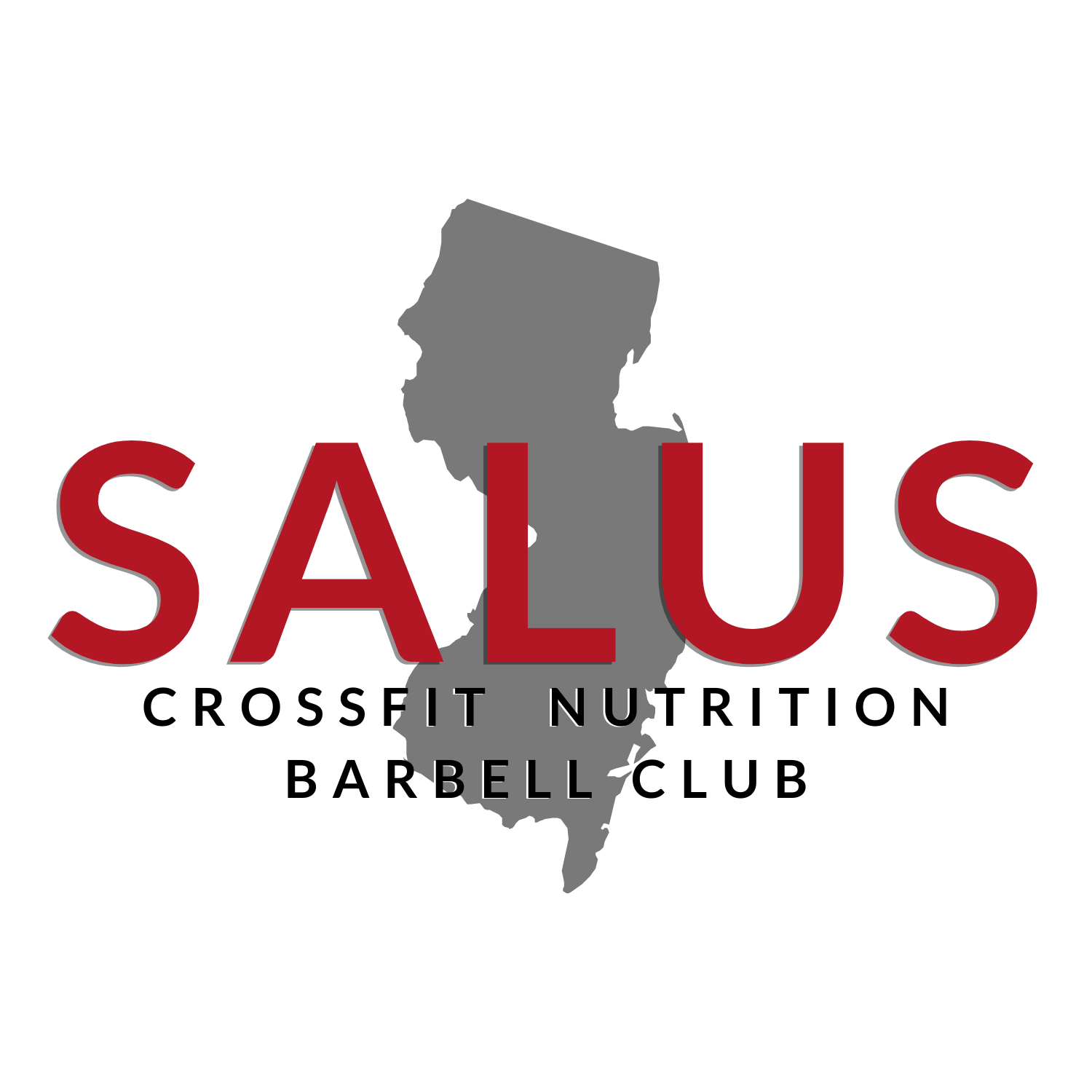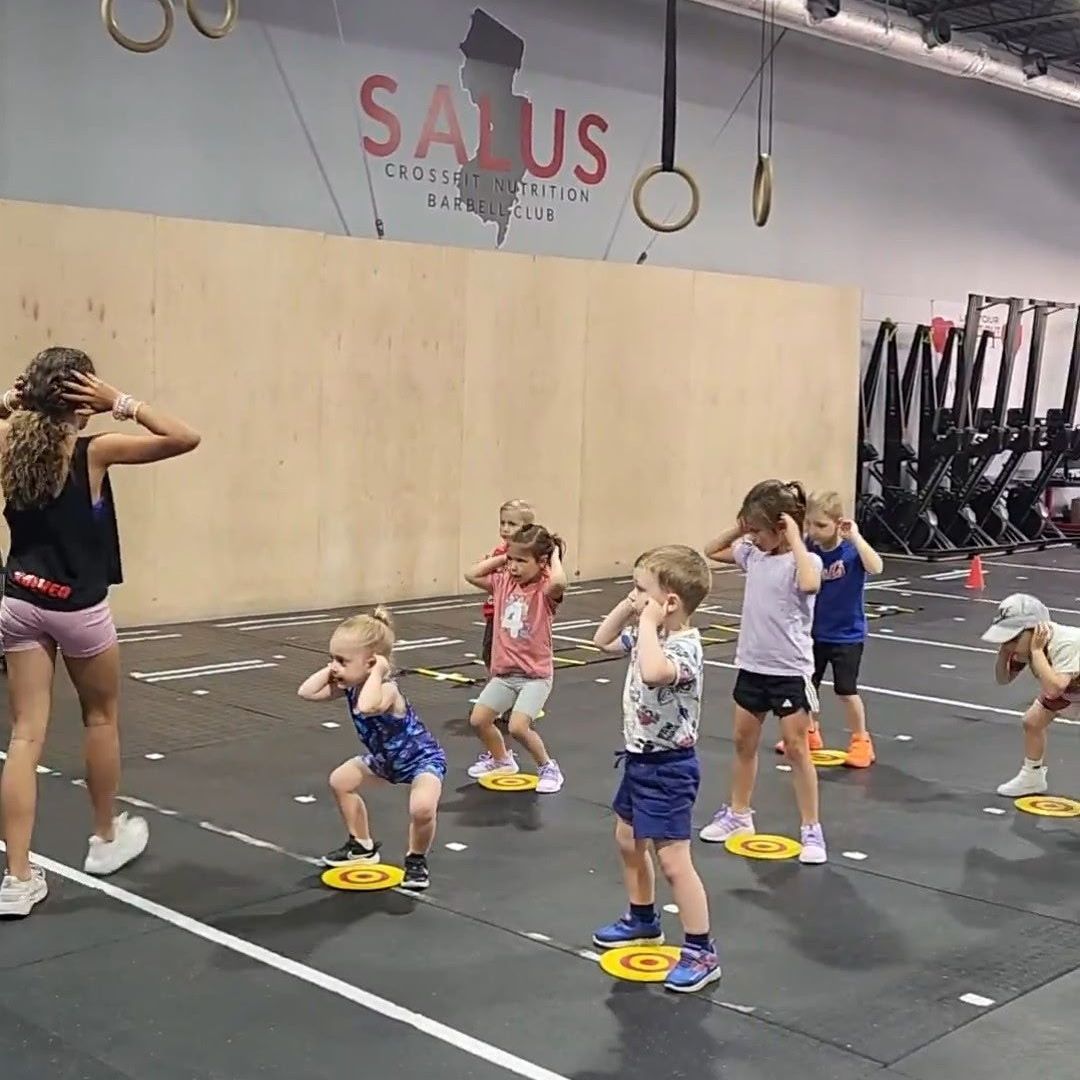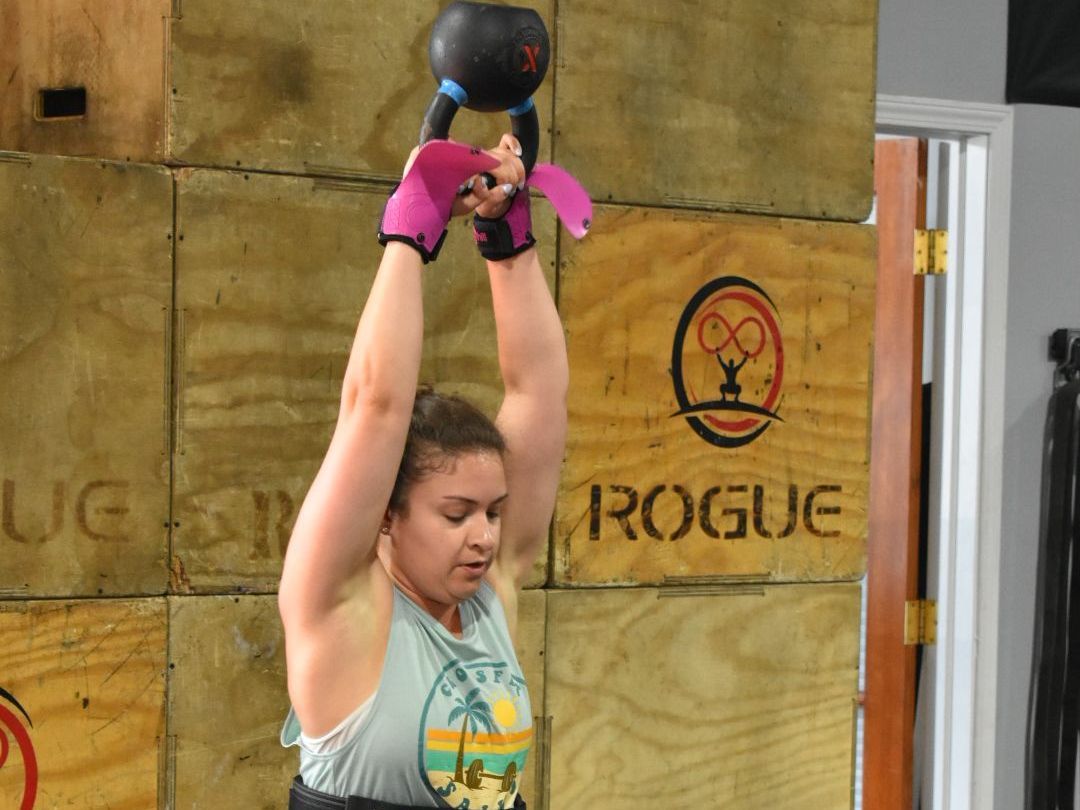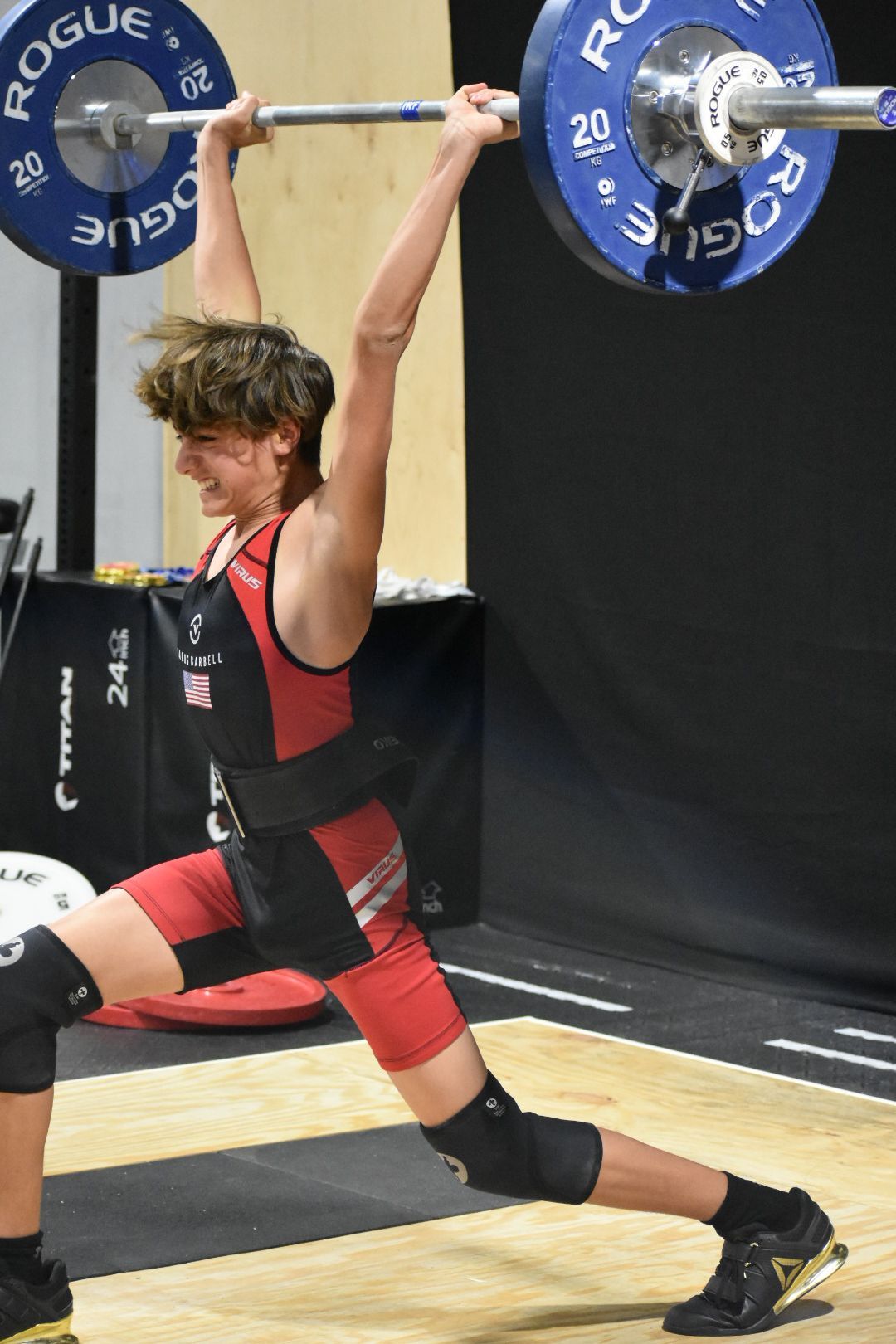Nutrient Timing: What to Eat Before and After a Workout
Not sure what to eat before and after a workout? How about when to eat it?
It all depends on your goals and your training regimen.
Here’s a quick overview of nutrient timing and who could use it.
What to Eat Before and After a Workout: Who’s it For?
Determining what to eat before and after a workout all depends on your goals and training regimen. Just like your workout programming and recovery strategies, nutrient timing is a helpful tool to provide framework for performance.
But, not everyone needs to worry about special nutrient timing strategies.
For most recreational exercisers hitting a workout to look and feel their best or burn off some steam, nutrient timing probably doesn’t need to be on top of the priority list.
Instead of stressing about what to eat before and after a workout, it’s advised to:
- focus on eliminating any nutrient deficiencies, ensuring your portion sizes are on point
- eat a balanced meal of carbs, protein and fats one to two hours before a workout
- eat another balanced meal of carbs, protein and fats one to two hours after a workout
For competitive athletes or you’ve hit a really hard workout that leaves you feeling drained or depleted, these strategies can make a big difference in energy, performance and recovery. Now you know it’s time to put some nutrients back into your system to stop muscle breakdown and replenish your glycogen stores. That being said, if nutrition isn’t dialed in the other 23 hours of the day, nutrient timing won’t really change much.
What to Eat Before a Workout
Pre-workout nutrition is essential to help athletes sustain energy, boost performance, stay hydrated, preserve muscle and enhance recovery.
- Protein. Protein will help you maintain (or even boost) muscle size, reduce muscular damage – speeding up recovery and flood your bloodstream with amino acids.
- Carbohydrates. Carbs will help you fuel training and speed recovery in both long endurance sessions (more than two hours) as well as shorter, high-intensity sessions. Carbs help to preserve muscle and liver glycogen – aiding in muscle retention and growth and stimulates the release of insulin. When carbs are combined with protein, it not only enhances protein synthesis but also prevents protein breakdown.
- Fats . While fats don’t necessarily improve or diminish performance, they do help to slow digestion and maintain blood glucose. Some research tells us to avoid fats before a workout because they slow digestion, so just remember to keep portions in check to avoid feeling sluggish during your training session.
Of course your actual needs will vary depending on your body size, goals and the duration and intensity of your workout.
What to Eat During a Workout
Do you need to eat or drink during your workout?
It all depends on how long it has been since your last meal, the duration of your workout and the type of exercise you’re doing.
Did you know?
Different intensities of exercise require different fueling strategies to get the best performance. During longer exercise bouts, you may need to take on additional fuel during your session. For example:
- For most low-intensity workouts lasting less than an hour, the main focus should be on staying hydrated. Water will do.
- Longer endurance workouts can be fueled with a combination of fats and carbohydrates.
- For high-intensity workouts lasting less than an hour, focus on hydration and approximately 15-30 grams of carbohydrates.
- For high-intensity workouts longer than an hour, consider consuming approximately 15 grams of protein and 30-45 grams of carbohydrates.
Hydration should be such a simple thing. You workout, you sweat, you get thirsty, you drink water and repeat. But, many commercial sports drink brands have made it overly complicated and as a result, less effective. Some are laden with sugar and other “light” version have dangerous sugar substitutes, which you absolutely don’t want.
Be a label reader. Look for fast absorbing drinks that don’t have added junk in them, like Vitargo (use code: Angela15 to get 15% off!) Vitargo is a carbohydrate fuel replenishment that you can use pre-workout, during exercise, and after to get glucose to muscle cells faster.
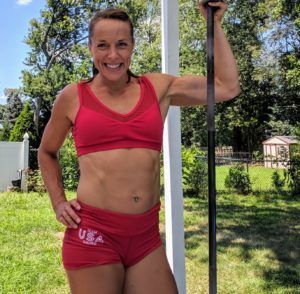
What to Eat After a Workout
Post-workout nutrition is essential to help athletes recover properly, rehydrate, refuel and build muscle as well as improve performance for future sessions.
It’s time to restock your stores.
- Protein.
Eating protein after a workout will help to prevent protein breakdown, stimulates synthesis and increases (or maintains) muscle tissue. It’s essential for recovery, performance and adaptation. Past research has pointed to proteins such as whey or casein; however, newer research shows that fast-digesting proteins are not necessarily any better for us than whole food proteins.
- Want convenience? Choose a quick, post-workout protein shake.
- Want to eat real food? Make a high-quality, high-protein meal (approximately 40-60 grams for males (approximately 2 palms) and 20-30 grams for females (approximately 1 palm) within 1-2 hours after your workout.
- Carbohydrates. Carbohydrates after a workout are essential to restore glycogen and lead to improved next-day performance. Opt for a combination of whole, minimally processed whole foods with some fruit to speed up glycogen replenishment.
- Fats . Consuming fat after a workout is beneficial for recovery as long as you consume adequate carbohydrate and protein
Final Thoughts
Healthy individuals who work out regularly:
If you eat a balanced, nutrient-dense meal one to two hours before a workout and another balanced, nutrient-dense meal within one to two hours after a workout, you’ll most likely meet your workout nutrition needs without any other supplements or strategies.
If your goals are modest and you don’t necessarily have any unique physiological needs, it’s best to balance quality sources carbohydrates, protein and fats before and after a workout.
Endurance athletes who train for high-level competition:
For endurance athletes or CrossFit athletes who log a lot of high-intensity hours each week, your carbohydrate and caloric needs are likely higher than average.
Consider adding a protein and carbohydrate drink during long (60 minutes) training sessions.
Strength athletes who train for high-level competition:
For strength athletes or weightlifting athletes with serious strength and muscle growth in mind, your protein and calorie needs are likely greater than average.
You could also consider adding a protein and carbohydrate drink during long (60 minutes) training sessions. You could also benefit from the muscle-preserving essential amino acids during your training.
Sports Nutrition Coaching
Overall, what you eat day-to-day will profoundly impact how much you have in the tank, which directly relates to exercise. Whether you’re a regular CrossFit athlete, swimmer or weightlifter, it’s important to have “enough of the right stuff” if you plan to go hard or go long.
As mentioned above, much of these factors are very much individualized. This is just a general overview. For more specific recommendations on nutrient timing for your own unique needs, please contact Coach Angela, Sports Nutritionist, at angela@salusnj.com.
More Sports Nutrition Blogs
The post Nutrient Timing: What to Eat Before and After a Workout appeared first on Salus.
